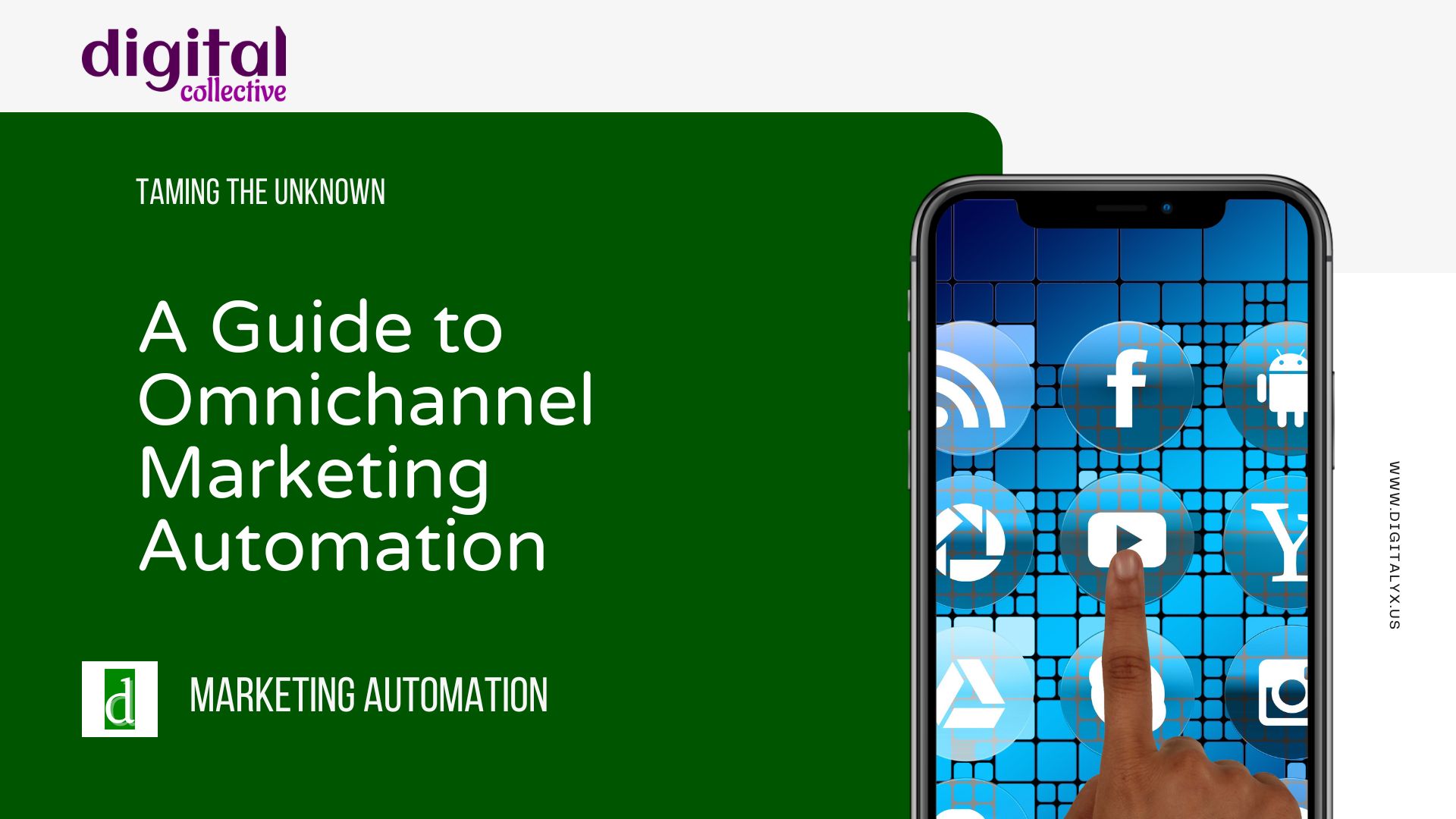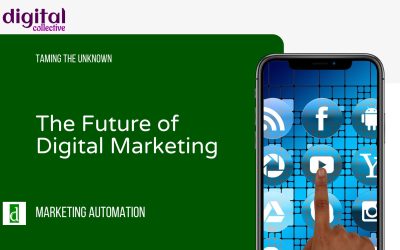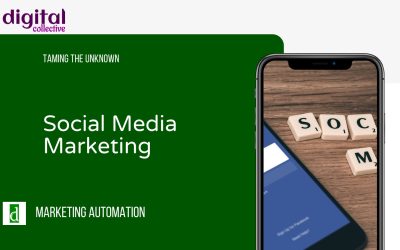Orchestrating a Flawless Customer Journey
In today’s digital age, customers expect a seamless and personalized experience across all touchpoints. They don’t want to be bombarded with disjointed messages from different channels. This is where omnichannel marketing automation comes in.
Omnichannel marketing automation is the strategic use of technology to manage and execute marketing campaigns across various channels, creating a cohesive narrative that resonates with your audience. It’s about thinking differently and breaking down silos between different marketing channels. Imagine a world where your website, email marketing, social media, and even offline interactions work together to delight your customers at every turn. That’s the power of omnichannel marketing automation.
Why Omnichannel Marketing Automation Matters
Jaya Shrivastava, Global Chief Marketing Officer at Digital Collective, puts it perfectly: “In today’s marketing landscape, it’s no longer about channels; it’s about journeys.”
Omnichannel marketing automation allows you to:
- Deliver a unified customer experience: Customers don’t see channels; they see your brand. Omnichannel marketing automation ensures that your messaging is consistent and complementary across all touchpoints, fostering trust and loyalty.
- Personalize your marketing: By leveraging customer data from various channels, you can create highly targeted campaigns that resonate with individual needs and preferences. This laser-sharp focus leads to increased engagement and conversions.
- Boost efficiency and ROI: Automation takes care of repetitive tasks, freeing up your marketing team to focus on strategic initiatives. This not only saves time and resources but also maximizes the return on your marketing investment.
Key Components of a Successful Omnichannel Marketing Automation Strategy
- Single Customer View (SCV): The foundation of any successful omnichannel strategy is a unified view of your customer. This involves collecting and integrating data from all touchpoints to create a 360-degree view of your customers.
- Marketing Automation Platform: A robust marketing automation platform is essential for managing and executing omnichannel campaigns. These platforms allow you to automate tasks, segment your audience, and track campaign performance.
- Omnichannel Content Calendar: Develop a content calendar that maps out your marketing messages across all channels. Ensure your content is compelling, informative, and tailored to the specific channel.
Getting Started with Omnichannel Marketing Automation
- Identify your customer journey: Map out the different touchpoints that your customers have with your brand. This will help you understand where and how to engage with them.
- Segment your audience: Divide your audience into groups based on shared characteristics or interests. This allows you to deliver targeted messages that resonate with each segment.
- Craft compelling content: Create high-quality content that is relevant to your audience and aligns with your brand message.
- Measure and optimize: Track the performance of your omnichannel campaigns and make adjustments as needed.
Conclusion
Omnichannel marketing automation is a powerful tool that can help you create a seamless and personalized customer experience. By following the tips above, you can orchestrate a flawless customer journey that drives engagement, loyalty, and sales.
Ready to take your marketing to the next level? Embrace omnichannel marketing automation and watch your brand thrive in the digital age.



